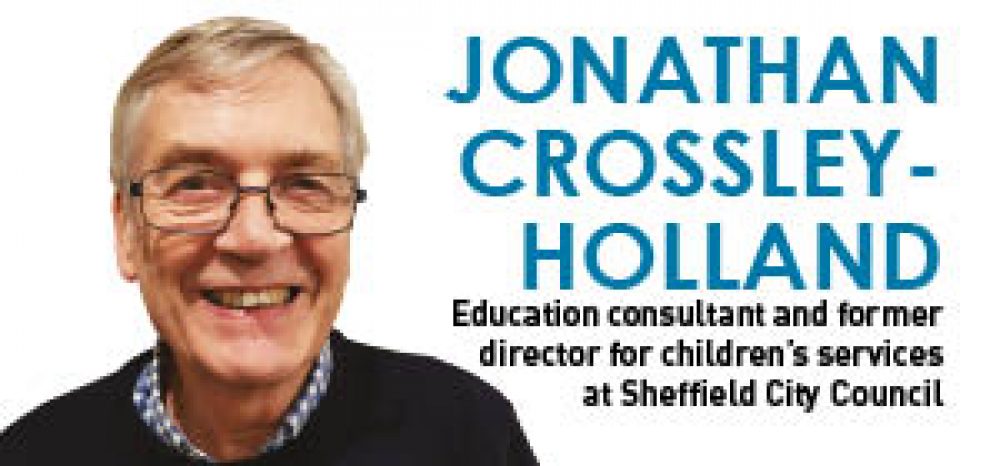The schools commissioners have morphed into a privileged, parallel middle tier with no discussion on role or accountability, argues Jonathan Crossley-Holland
When I first submitted a Freedom of Information request to the DFE on the annual cost of the regional schools commissioners, I believed the figures would clearly indicate, in the absence of policy announcements, how the Department for Education saw the school system would be managed in the future.
The idea that our network of more than 23,000 schools, operating in hugely different contexts, could be overseen from the DfE’s central London headquarters was always a nonsense, so I expected a significant increase in RSC activity as the percentage of schools that are academies neared 50 per cent.
Even so, the figures were startling: in 2015/16, the RSC’s first full year of operation, the cost of the whole project was £4.7 million. This rocketed to £26.3 million in 2016/17, a 500-per-cent increase, and then to £31.2 million in 2017/18 (a further 18.5 per cent). And this is just the cost of the RSC infrastructure, not the funding it oversees.
When Michael Gove announced the RSCs in 2012, he was adamant that they would not be a new “middle tier” of oversight. His vision was one of autonomous groups of schools, deregulated as far as possible, competing for pupils, collaborating on school improvement and operating within a new, more prescriptive set of curriculum and assessment requirements and standards, all policed by Ofsted.
This is not how it has panned out; the RSC system clearly is now a new middle tier operating alongside local authorities – which are still (barely) responsible for the majority of schools.
The RSC system clearly is now a new middle tier operating alongside local authorities
The expansion of the RSC’s office is another move away from the original Govian model, as are a range of other DfE programmes designed to remedy the weaknesses of the original design, such as the regional partnerships the department has set up to tackle low social mobility and school underperformance, through initiatives like the 12 opportunity areas. Bulking up the RSCs is, then, part of a bigger change to the landscape.
Most school leaders, teachers, governors and trustees – whether working in maintained schools, single academies or MATs – will welcome this rediscovery of the importance of a middle tier. They know that there isn’t a single leading OECD education system that operates without one. But they also expect this fundamental shift to be recognised, and to have a proper debate about what the middle tier’s role should be – instead of this incremental, undeclared approach.
There are plenty of things a proper, declared middle tier could get on with, including: ensuring a supply of good teachers; school improvement support for all schools, especially those in deprived areas; good continuing professional development for teachers and leaders; and an effective system of support for vulnerable pupils, especially those with special needs.
Two further challenges have to be faced. First, the DfE’s strategy of leaving a significant number of schools supported by LAs, while at the same time undermining them, in contrast to its generous support for RSCs. Are there any precedents in other advanced education systems for this strategy, which might need to run for many years, in which there are two middle tiers, one of which is deliberately neglected?
The second challenge is the lack of local accountability of these enhanced RSCs. The Wakefield Trust collapse was a potent example. WCAT collapsed on September 8, and its schools were parcelled out to eight new academy trusts. Parents, staff and governors were not involved in selecting the new sponsors, and were only given a chance to comment by email afterwards in a letter sent on October 10.
In its way, this lack of accountability is a powerful example of “remote elites knowing best” that has become such a potent political issue.
Jonathan Crossley-Holland is an education consultant and former director for children’s services at Sheffield City Council







Agree 100%.
If Sir David Carter was really interested in improving the Education System in England, he would put his head above the parapet and respond publicly to the ideas outlined above.